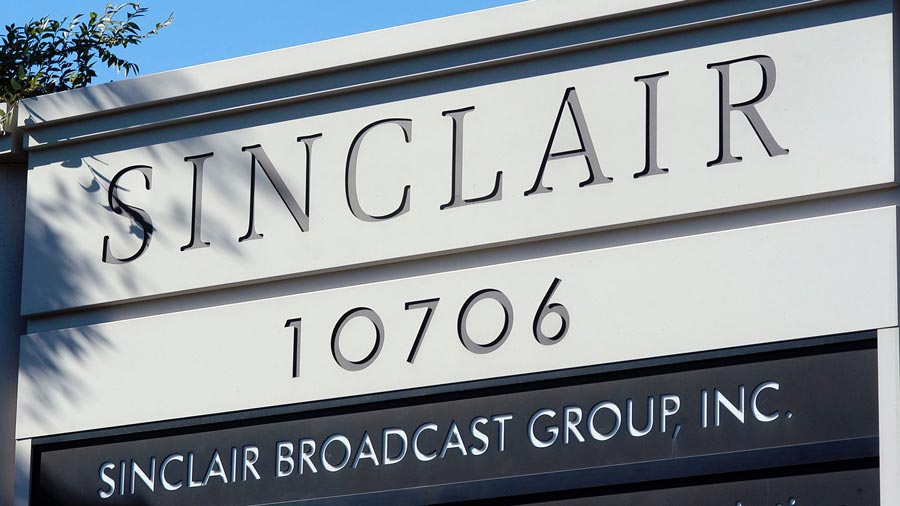Demand Progress Calls for Flood of Sinclair-Tribune Opposition

The smarter way to stay on top of broadcasting and cable industry. Sign up below
You are now subscribed
Your newsletter sign-up was successful
Demand Progress is seeking funds to blitz the FCC with oppositions to the Sinclair-Tribune merger. The FCC and Justice have been vetting that proposed combo for almost a year, but Sinclair has filed five different versions as it sought to satisfy regulators and take advantage of FCC media ownership deregulation.
The FCC has given the public until July 12 to comment on version number five of the deal and Demand Progress wants its supporters to weigh in in numbers too big to ignore.
"Sinclair is already the country's largest broadcast company, and even with adjustments to its original Tribune buyout plan, it would still own more than 200 stations—far above the legal limit," Demand Progress said in an e-mail solitication Monday (June 4), branding the broadcast group as "Trump TV."
Related: Sinclair Responds to FCC Data Request
"We're going all out to flood the FCC with public comments opposing the Sinclair-Tribune merger by June 12. Will you chip in $5?," it asked.
Sinclair says it wants to add the Tribune stations to become a stronger competitor to cable and online distributors without similar ownership restrictions.
Sinclair's effort to do the deal has benefited from the FCC decision to restore the UHF discount, which allows it to count only half of the audience for UHF stations toward the 39% national audience reach cap. Without that discount, the deal would give Sinclair over 70% audience reach.
The smarter way to stay on top of broadcasting and cable industry. Sign up below
It also got a chance to try and keep two stations in a market--in this case St. Louis and Indianapolis, where it would have had to spin off one before the FCC ruled that prohibited combinations of two of the top-four rated stations in a market could be allowed on a case-by-case basis. It also plans to provide services to some of the stations it has to spin off to get under local ownership rules, something that would have been harder under the previous FCC's determination that those sidecar agreements were presumptive efforts to skirt the rules.
Contributing editor John Eggerton has been an editor and/or writer on media regulation, legislation and policy for over four decades, including covering the FCC, FTC, Congress, the major media trade associations, and the federal courts. In addition to Multichannel News and Broadcasting + Cable, his work has appeared in Radio World, TV Technology, TV Fax, This Week in Consumer Electronics, Variety and the Encyclopedia Britannica.

